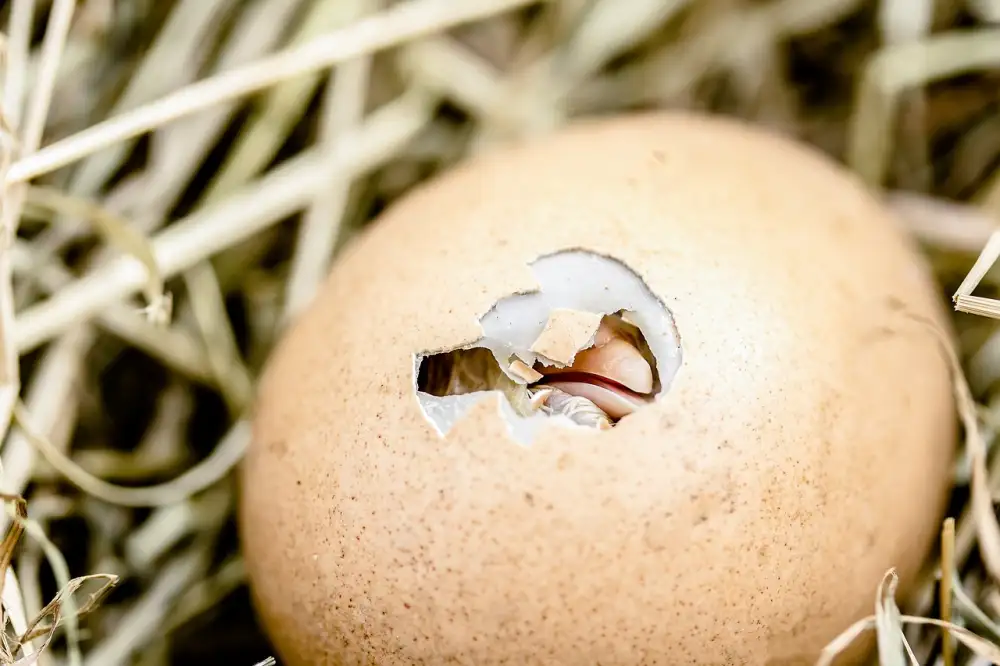Master the Art of Cooking Eggs Over Easy: A Step-by-Step Guide

- Start by heating a non-stick skillet over medium heat.
- Add a small amount of butter or oil to the skillet.
- Crack an egg into a small bowl or cup.
- Gently slide the egg into the skillet.
- Cook the egg for about 2-3 minutes until the whites are set.
- Using a spatula, carefully flip the egg over.
- Cook for an additional 1-2 minutes for a perfect over-easy egg.
- Season with salt and pepper to taste before serving hot.
Start by heating a non-stick skillet over medium heat.
To master the art of cooking eggs over easy, you must start by heating a non-stick skillet over medium heat. This is a crucial step as it ensures that the egg cooks evenly without sticking to the pan. By preheating the skillet, you create the ideal cooking environment for achieving that perfect runny yolk and set whites. Make sure to give the skillet enough time to heat up before moving on to the next steps in preparing your delicious over-easy eggs.
Add a small amount of butter or oil to the skillet.
To add a delicious flavor and prevent the egg from sticking to the skillet, it's essential to add a small amount of butter or oil to the pan. Butter adds richness and a golden color to the egg, while oil can help achieve a crispy edge. You only need a small amount, about 1/2 to 1 tablespoon, depending on your preference. Once the butter is melted or the oil is heated, you're ready to crack the egg into the skillet and start cooking your perfect over-easy egg.
Crack an egg into a small bowl or cup.
Cracking an egg into a small bowl or cup before adding it to the skillet can help ensure that the yolk remains intact and doesn't break during the cooking process. This step also allows you to easily remove any shell fragments that may have accidentally fallen into the bowl. By cracking the egg into a separate container first, you can also check for freshness and quality before cooking. This simple technique can lead to a more successful outcome when making eggs over easy.
Gently slide the egg into the skillet.
Once you have cracked the egg into a small bowl or cup, it's time to gently slide it into the preheated skillet. This step is crucial to ensure that the yolk remains intact and doesn't break during the cooking process. By sliding the egg slowly into the skillet, you can control its placement and prevent any splattering of hot oil or butter. Be cautious not to drop the egg from too high a distance, as this could cause the yolk to break upon impact with the skillet. Take your time and gently release the egg close to the surface of the skillet for a perfect over-easy outcome.
Cook the egg for about 2-3 minutes until the whites are set.
Once the egg is in the skillet, allow it to cook undisturbed for about 2-3 minutes. During this time, the whites of the egg will start to set and become opaque. It's important not to move or disturb the egg during this initial cooking period to ensure that it cooks evenly and doesn't break apart. Keeping the heat at a medium level will help prevent the egg from cooking too quickly and becoming rubbery. This gentle cooking process allows the whites to solidify while keeping the yolk runny for that classic over-easy texture.
Using a spatula, carefully flip the egg over.
Using a spatula to flip the egg over is a crucial step in mastering the art of cooking eggs over easy. Once the whites are set, gently slide the spatula underneath the egg. Be careful not to break the yolk as you carefully flip it over in one swift motion. This step requires a delicate touch to ensure that the yolk remains runny while the whites are fully cooked. Practice makes perfect, so don't worry if it takes a few tries to get it just right.
Cook for an additional 1-2 minutes for a perfect over-easy egg.
Once you have successfully flipped the egg over, allow it to cook for an additional 1-2 minutes. This short cooking time ensures that the yolk remains runny while the whites are fully cooked. The result is a perfect over-easy egg with a creamy yolk that oozes out when pierced. Be mindful of the cooking time to achieve the desired consistency, as overcooking can lead to a firm yolk rather than the desired runny texture. Keep a close eye on the egg as it cooks to ensure it reaches the ideal level of doneness for a delicious and satisfying meal.
Season with salt and pepper to taste before serving hot.
To enhance the flavor of your perfectly cooked eggs over easy, it's essential to season them with salt and pepper before serving. The salt helps bring out the natural flavors of the egg while the pepper adds a subtle kick. Simply sprinkle a pinch of salt and a dash of freshly ground black pepper over the egg in the skillet just before removing it. This final seasoning step will elevate the taste of your dish and leave you with a delicious breakfast or snack to enjoy hot off the stove.
Published: 06. 05. 2024
Category: Food



